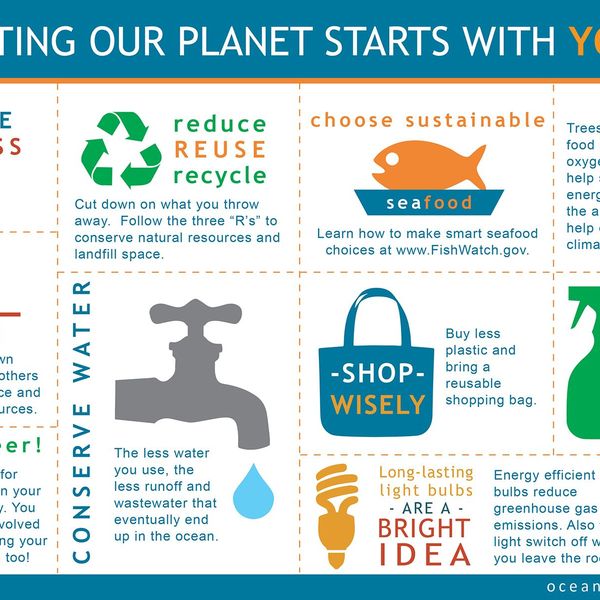One reason there should be a focus on Earth research rather than space exploration, is humans produce more trash than methods to get rid of it. The government does not regulate chemicals properly and there are more toxins in the trash than ever before (WASTE). There are four different types of wastes in separate landfills, they are municipal, industrial, hazardous, and radioactive (Hans Tammemagi, 62). These toxic chemicals leak into the local communities surrounding them. They are also the third-largest source of human-related methane emissions(WASTE). When the amount of trash that humans produce is more abundant than the amount that humans recycle this causes more pollution. Research needs to be more prominent on this so that we do not have as many problems as we do now.
Another important reason that research should focus on Earth over space, is the need to advance alternative energy. Eventually, the crucial resource of fossil fuels will run out. It is non-renewable and not sustainable for much longer. Electricity production accounts for more than one-third of U.S. global warming emissions, with the majority generated by coal-fired power plants (Gwen Farnsworth). Non-renewable electricity generation uses large amounts of water and also pollutes the air (Gwen Farnsworth). They say “Oil will end by 2052, Gas will end by 2060, Coal will last till 2090” (Kuo Gioietta). For people to have energy in the future, alternative energy needs to be more accessible. The need for this grows stronger every day, small changes such as purchasing environmentally friendly products can help. Making using alternative energy the norm for everyone might be a good way to persuade people to use it more frequently.
The last of the main three reasons we should focus on Earth is to explore the vast oceans. The oceans cover about 70% of earth and we have only explored around five percent of it (Nagaraja). Part of NASA’s mission is to develop an understanding of the total Earth system and the effects of natural and human-induced changes on the global environment(Nagaraja). Right now most things discovered about the oceans are from satellites such as sea-ice extent, rainfall, and currents(Nagaraja). Currently, the NOAA Office of Ocean Exploration and Research is one of the only companies devoted to deep ocean exploration. We need to focus on these more potential discoveries. The potential for predicting weather disasters, climate change and the growth or death of civilizations. The research that has already been done has helped the human race in many ways, but continuing this path will bring more than imaginable.
Focusing research on this planet will help to bring a better understanding of Earth and find solutions here without traveling to space. The three main reasons to focus research on Earth are the growing landfills, energy problems, and the unknowns of our vast oceans. These things are not easily done, however, over time by focusing on resources and working together they can become less of a problem. If we don’t find solutions to the problems on Earth, how do we know what will be missed by going to space?
Citations
-
“Toxics Action Center.” Https://Toxicsaction.org/, 2017, https://toxicsaction.org/issues/waste/.
-
Farnsworth, Gwen. “Renewable Energy and Energy Efficiency.” Western Resource Advocates,
-
US Department of Commerce, and National Oceanic and Atmospheric Administration. “What Is Ocean Exploration and Why Is It Important?” NOAA Office of Ocean Exploration and Research, 24 July 2014
-
Tammemagi, Hans. Waste Crisis : Landfills, Incinerators, and the Search for a Sustainable Future. Oxford University Press, Incorporated, 1999
-
Assessment of knowledge and awareness of “sustainability” initiatives among college students
-
Israel Msengi, Raymond Doe, Twana Wilson, Danny Fowler, Chelsey Wigginton, Sarah Olorunyomi, Isaiah Banks and Raquel Morel
-
Renew. Energy Environ. Sustain., 4 (2019) 6
-
R. Emas, Brief for GSDR: The Concept of Sustainable Development: Definition and Defining Principles, Florida International University (2015).
-
Nagaraja, Mamta Patel. “Oceanography.” NASA, NASA
-
Kuo, Gioietta. “When Fossil Fuels Run Out, What Then?” MAHB, 23 May 2019

